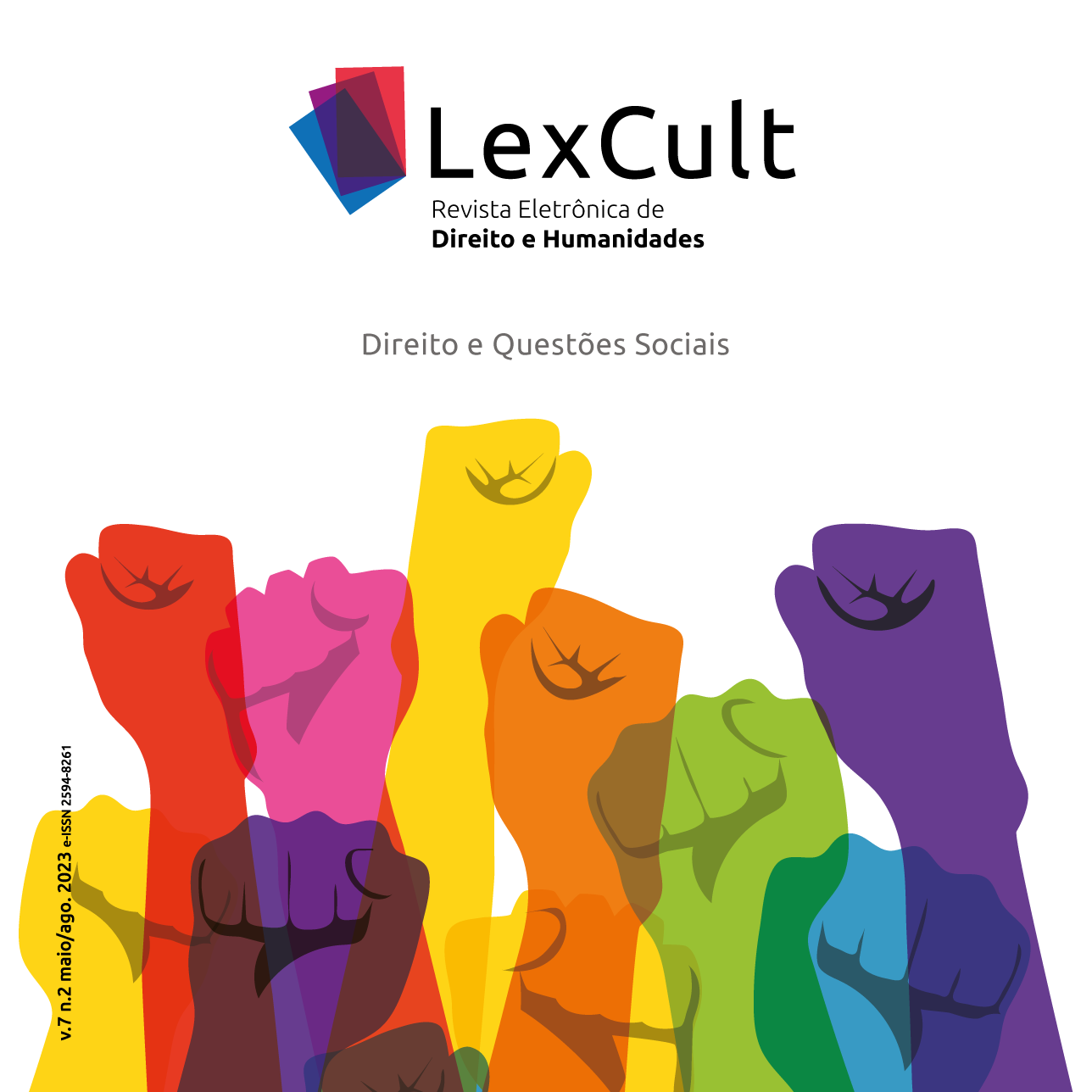O IMPACTO DA OPINIÃO PUBLICADA SOBRE O PODER JUDICIÁRIO
Resumo
O presente artigo dedica-se ao estudo jurídico da atual conjuntura da sociedade democrática brasileira a partir de seus elementos nucleares, dentre os quais o Estado de Direito, a segurança jurídica e o devido processo legal, vistos como garantias e limites fundamentais dos preceitos e objetivos firmados na Constituição da República de 1988. Discute-se a importância desta defesa constitucional como derivada do pacto político possível estabelecido desde então, voltado para promover um retorno das liberdades civis e políticas no país após duas décadas de ditadura. Nesse contexto é que se observa o comportamento do Poder Judiciário, diante do seu papel instituído pela Constituição da República de 1988, numa análise voltada para a teoria da decisão judicial. Para tanto, investiga-se a produção de decisões judiciais como medidas de exceção, caso fundamentadas em opiniões alheias aos ditames constitucionais, sem a primazia dos mecanismos democráticos constitucionalizados. Na análise de decisões judiciais mediante os limites procedimentais das instituições republicanas, constata-se se há ou não uma associação com uma pseudo-opinião pública midiática, na qual se substitui a opinião pública construída numa esfera pública democrática por expressões públicas de preferências privadas, assim verificando-se em que medida se relacionam com o pacto constitucional.
##plugins.generic.usageStats.downloads##

This work is licensed under a Creative Commons Attribution-NonCommercial-NoDerivatives 4.0 International License.
Autores mantém os direitos autorais e concedem à revista o direito de primeira publicação, com o trabalho simultaneamente licenciado sob a Creative Commons Attribution-NonCommercial-NoDerivatives 4.0 International License, que permite o compartilhamento do trabalho com reconhecimento da autoria do trabalho e publicação inicial nesta revista.
Autores têm autorização para assumir contratos adicionais separadamente, para distribuição não-exclusiva da versão do trabalho publicada nesta revista (ex.: publicar em repositório institucional ou como capítulo de livro), com reconhecimento de autoria e publicação inicial nesta revista.
Os autores declaram serem responsáveis pela originalidade, pelo ineditismo e pela atualidade de todo o conteúdo do artigo, mediante a referência completa de todas as fontes consultadas.
Cada autor concede à Revista LexCult permissão para avaliar, normalizar, editar e publicar o artigo submetido, de modo inédito.
Casos de plágio e autoplágio não serão aceitos sob nenhuma hipótese. O autor plagiário será suspenso por 5 (cinco) anos sem publicação na Revista LexCult.
É permitida a cópia, total ou parcial, de artigo publicado na Revista LexCult, desde que informada a fonte (autor e revista), sendo vedado o uso comercial e a produção e distribuição de trabalhos derivados. Caso seja verificada a quebra de exclusividade, a submissão será arquivada e o autor estará suspenso de publicar por 5 (cinco) anos na Revista LexCult, sem prejuízo das ações cíveis/penais previstas em lei.
O autor tem ciência de que:
a) a submissão poderá ser recusada caso o Conselho Editorial da Revista LexCult, responsável pela avaliação e seleção dos artigos, não considere pertinente a publicação, por quaisquer motivos, devidamente fundamentados;
b) os editores reservam-se o direito de modificar o texto da submissão - sem alteração de conteúdo - para normalizá-lo e adaptá-lo às normas de publicação.



